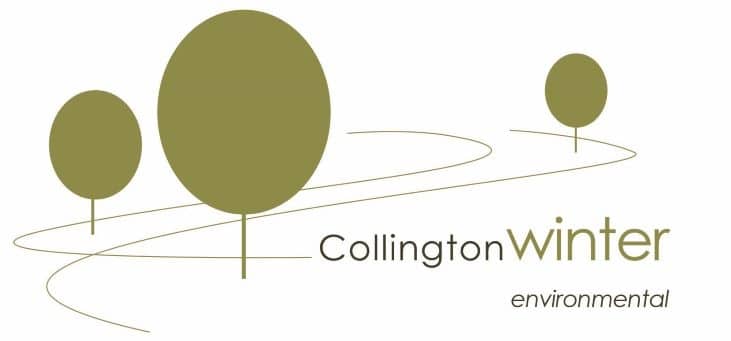Biodiversity Net Gain Manchester: How we can assist
Biodiversity net gain Manchester
Biodiversity net gain is an approach to development whereby developers consider the environmental impact a project will have in terms of biodiversity. It aims to ensure the biodiversity is left in a better state than before the development was completed. This is done by avoiding loss of biodiversity and retaining natural habitats and ecological features.
Biodiversity Net Gain (BNG) is being requested more frequently by the Greater Manchester combined authority to inform planning applications. The aim is to demonstrate how the proposed development will be of benefit to biodiversity in a measurable manner.
Following the passing of the Environment Bill, mandatory biodiversity gain for developments in England will be introduced through the forthcoming Environment Act in 2023. Following this any development will be halted if it fails to meet the requirements and may be denied planning permission. BNG is already being required by the National Planning Policy Framework and local nature recovery strategies.

Biodiversity Net Gain Principles
There are ten crucial good practice principles of biodiversity net gain. These should help to achieve BNG if they are followed accordingly. The mandatory biodiversity net gain principles include the following:
- Utilise the mitigation hierarchy to minimise the impact on biodiversity
- Eliminate any negative impacts on biodiversity
- Communicate each BNG outcome with complete transparency
- Cover all areas of sustainability, including societal and economic factors
- Involve any pre-development and post-development stakeholders in creating mandatory net gain solutions
- Focus on producing long-term natural environment benefits from BNG. This will ensure a development leaves biodiversity in a better state than it was before
- Understand the variable factors and potential risks in order to achieve on-site biodiversity and deliver net gain in Greater Manchester
- Offer nature conservation that exceeds the stated BNG requirements
- Determine a suitable method in order to secure measurable biodiversity net gains
- Ensure the best possible results from biodiversity net gain for the city or region
Implementing BNG
If you are unsure of how mandatory BNG may affect your planning application, you should contact your local planning authorities immediately. They can discuss your development plans in detail and whether they align with BNG.
If they indicate that your development could be significantly impacted, we recommend that you contact an experienced ecologist as soon as possible. Our ecologists can discuss whether your development plans meet the required standards. They can also recommend any measures you may need to take in order to meet the biodiversity standards.
At Collington Winter, our team has strong experience completing BNG and will provide guidance throughout the planning process. We can ensure that one of our experienced biodiversity ecologists visits your development site to create and develop any necessary BNG plans and any required BNG reports.
Our ecologists will complete a habitat classification assessment, and the data is entered into a metric to measure changes to the natural environment, pre and post development. This metric is currently Defra Metric 3.1. Landscape planting plans and management plans are used to inform post development measures.
How can Collington Winter assist with achieving BNG?
Our Greater Manchester ecology unit has helped numerous clients when delivering biodiversity net gain. It is important to note that this varies across each local planning authority in the country. Completing net gain for biodiversity through development is something that we are qualified and experienced in.
We are determined to offer you the support you need in order to reach the required mandatory biodiversity bracket. Our Ecology Director, Olivia Collington, holds a Natural England license. If you would like to find out more about biodiversity net gain in Manchester, feel free to contact us using the details below.
Contact Us
Registered Address
23 Bark Street East, 1st Floor, Bolton, BL1 2BQ
Cambridge Office
Future Business Centre, Cambridge Campus, Kings Hedges Road, Cambridge, CB4 2HY
Telephone
Head Office: 01204 939 608
Dumfries Office: 01387 378208

